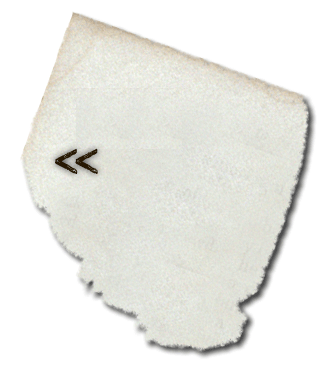

| sweet: | 3.2 |
Spain again, but I rarely tell this story, about how the town built giant statues, puppets mounted on papier-mâché altars filled with something flammable, about how the people paraded them through cobbled streets and parks and past the whitewashed church and lit them all on fire, Las Falles, the annual festival of burning, and about how some Sergio or Xavi or Carlos pushed me up against the tarry wall of a bus station while those statues burned against the starry sky outside and people yelled and cava ran through the streets and the warm air smelled like oranges.


| sweet: | 3.2 |
Warsaw on the brink of the century was cold. I stepped into the wind to take a train an hour west of the city to my grandfather’s palace, the pear orchard bare, the pond frozen over, the lion statues sleek in scarves of snow. I shared the Presidential Tower with my mother’s sister, the poet, the divorcée, the girl at heart who was still afraid of spiders. She lined my eyes with a blue pencil and I, fourteen years old, read her poetry transfixed by rhymes of love and death, mothers and mythologies and I wanted to be her or be like her because her poems spoke secrets and because she talked to me like an adult even though I wasn’t going to be for a very long time. New Year’s Eve and dinner in the Venetian Hall, silver silverware, soufflé for desert; illicit wine in the Tower with my aunt’s friends and a dachshund; and midnight in the library, books locked along the walls, globes of the universe guarding the balcony, red leather couches and a fireplace. We wrote wants and wishes on rolling papers and at midnight, the corner of the year, the century, we touched the papers to lighters or candles and dropped the flames that dangled from our fingers into glasses of champagne. I wished for something like a hundred on a math test and a boyfriend, a date to the eighth-grade dance, and now I wonder how I was so naïve in a palace with poets on New Year’s Eve. We burned and drank our hopes, hugged the men standing in the corners and went for a walk through the linden lane toward the wheat fields, toward the forest, and it never crossed our minds to check whether technology had stopped as everyone had feared, whether the world had ended, because here we were somewhere else, really, where the air was dark and the ground was cold and the sky was simply diamonds.


| sweet: | 3.2 |
Love, the tennis score, is from the French for egg. A score of zero. L’œuf. An egg is ovoid like a zero, fragile like defeat. An egg has potential, has a beating center sometimes, a heart. I think I love a tennis player. Not a professional one of course, but a man who plays tennis in his spare time, who is deft with a racket, who understands the rules and terminologies, the elegance of the game. Tennis, from tenir, Spanish for to take, to hold, to receive. As a ball, a serve, as a gift, as a beating heart.
At my house no one plays sports. Some of us play games of course, but no one plays or watches sports, our television blank and meek on game days. At my house we like mathematics, or we pretend to as my father passes out equations like Communion wafers and gets lost in the world of things that I will never understand. I operate on a plane of words and languages, I like Greek and Latin roots, Slavic declinations, Turkic agglutinations, but the language of mathematics is difficult to learn. There are no morphemes, phonemes there. There are variables and exponents. There are roots though. Square roots and cube roots. Elements of language must always have roots.
Love is a language of its own. They say that love is a language of its own. That it transcends barriers and boundaries as it transcends so many things, and that lovers need nothing else to understand each other. I don’t agree, necessarily, but appreciate the sentiment.
| ...return to Table of Contents |


